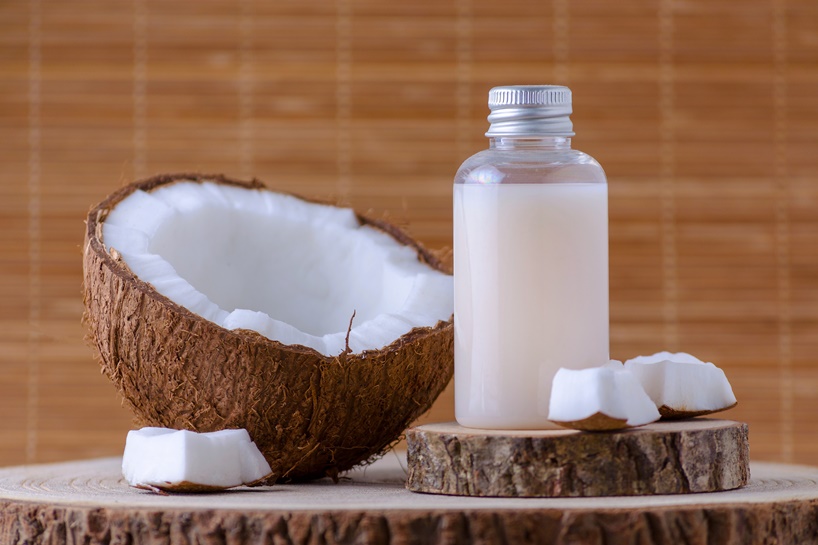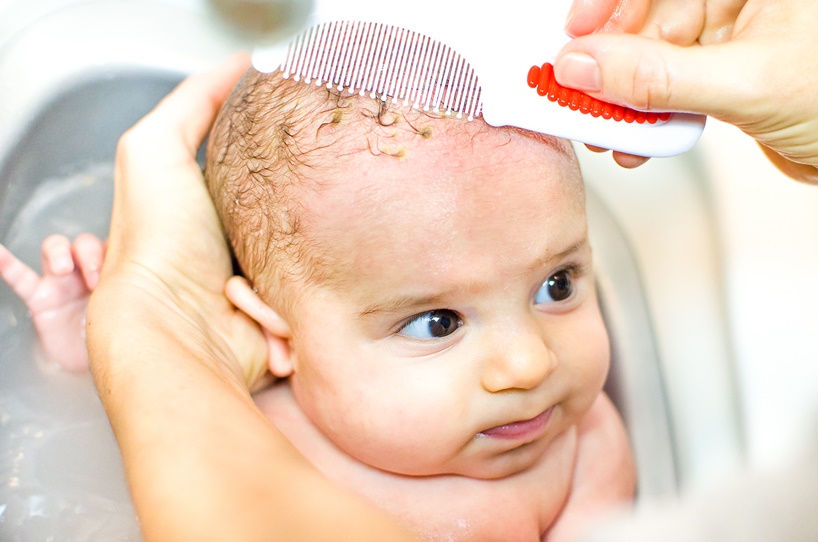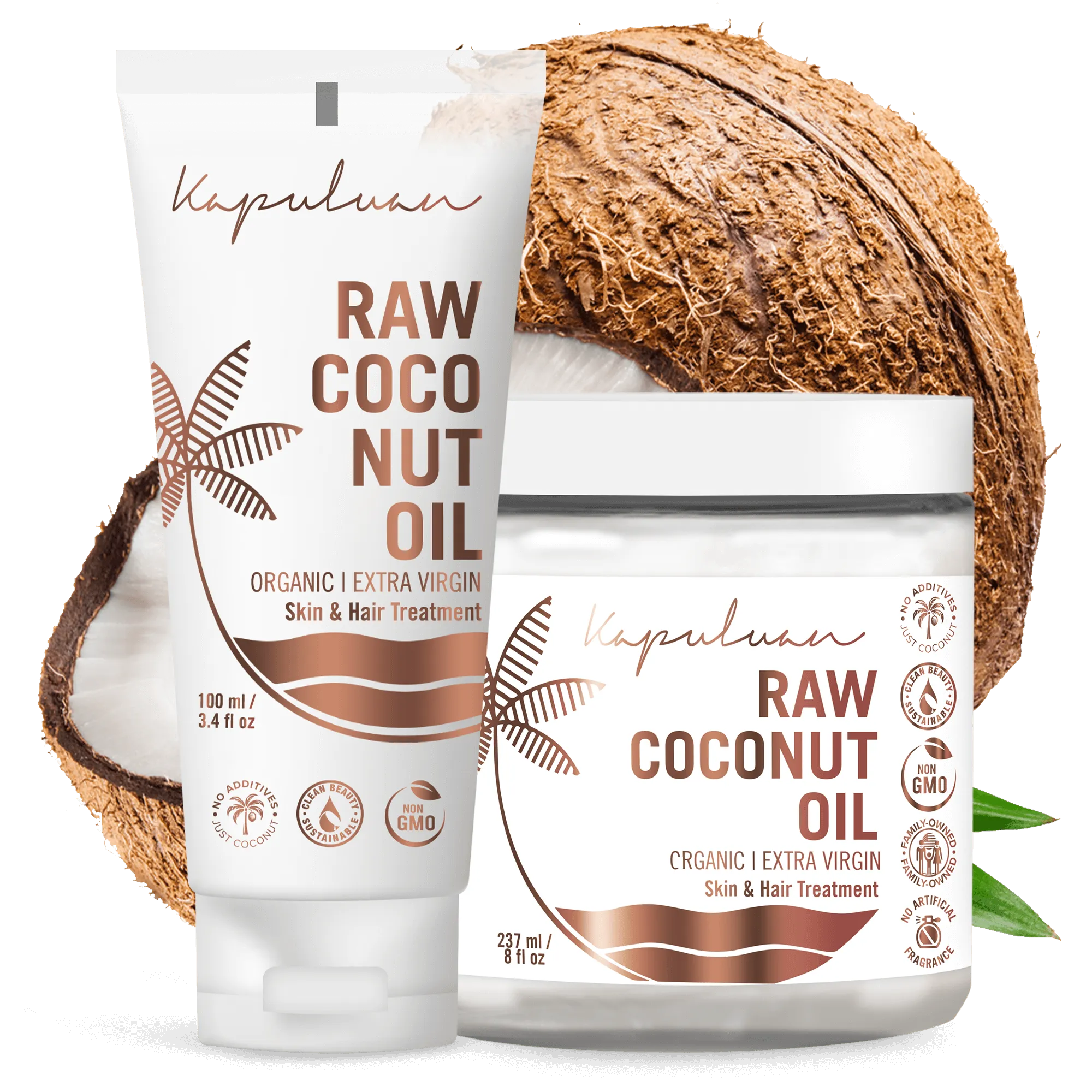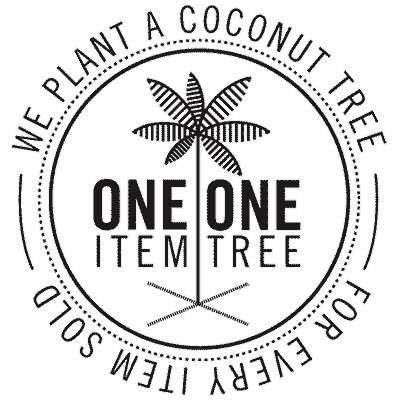Last Updated on July 4, 2024 by Kapuluan

One of the most rewarding roles in life is the role of a parent. However, while it can bring immense joy and purpose to one’s life, it also comes with an incomparable responsibility. Caring for a tiny human that depends on your actions and decisions can be overwhelming.
However, responsibility is a powerful force that drives a parent to make the most of their abilities and offer their baby the best protection and care! When caring for a newborn, a parent has to consider what to avoid to protect a baby that is still very sensitive to the environment.
Therefore, proper care for a baby, especially nowadays, focuses more on avoiding things that might harm your baby’s health than on what to include. The natural needs of a baby are satisfied mainly by its bond to its mother and her provision of food and safety.
However, in the modern day, many innovative food and baby care products are intended to support proper child development and optimal health. Unfortunately, as helpful as these innovations are, most are unnecessary for a strong and healthy baby. Therefore, more and more parents go back to basics and opt for all-natural products for baby care.
A clean, pure, natural baby care product, such as raw, organic coconut oil, can be used as a substitute for a variety of manufactured baby care products that are unnecessary to use but can also harm an infant’s health.
Why Use Coconut Oil for Babies?
The simplest thing you can do to help you solve many parenting dilemmas and make proper decisions is to compare the product or the resource you want to use to the most critical need of a baby—their mother’s milk. A mother’s milk includes all types of fats and fatty acids essential for the body to develop and grow, among all the required vitamins and minerals.
So what do a mother’s milk and coconut oil have in common? An essential fatty acid known as lauric acid protects and strengthens the baby with its antimicrobial and antibacterial properties.
Rarely found in other natural products, lauric acid comprises 50% of the fats in coconut oil, thus making the oil very beneficial to a baby as it is similar to the one source of food and nutrients they take in. Considering everything explained above, coconut oil for babies is safe to use as a baby care product. It is also healthy and beneficial owing to its diverse therapeutic properties.

Coconut Oil and Baby Care
Coconut oil is considered a superfood, a rare natural product that provides many benefits to humans. Praised chiefly for its high concentration of lauric acid, coconuts, and coconut oil, it offers beneficial properties as an ingestible and topical product. The oil’s antibacterial, antimicrobial, nurturing, nourishing, and healing properties benefit baby care, infants, kids, and pregnant and nursing mothers that will benefit from excellent milk quality to support their baby’s growth and health.
Before moving on to the many uses and applications of coconut oil for babies and infant care, it’s important to note that not all coconut oils available on the market are safe to use. In addition, the increased demand for coconut oil has resulted in many brands selling lower-quality oils.
To find good coconut oil products derived without laborious processes and additives that might remove beneficial compounds and add chemicals to the final product, always choose raw (cold-pressed), unrefined (virgin/extra virgin), and organic coconut oil. These oils might be more expensive than other lower-quality alternatives. However, pure coconut oil that has gone through minimal treatments retains the purity and beneficial compounds of the coconuts.
This diverse, easy-to-use, and all-in-one product will find many uses in a household with a newborn. Parents and babies alike will enjoy excellent benefits and peace of mind. Here are the common uses of coconut oil in baby care and their benefits to your precious little one.
Coconut Oil for Cradle Cap
Cradle cap is ubiquitous in babies. Although it manifests differently for each baby, parents often struggle with the scaly patches on their soft and tiny heads. Cradle cap is a common condition that is widely discussed. Some doctors attribute it to increased sebum developed from the high-fat concentration in breast milk.
However, as a baby’s head slowly develops, the scalp forms new skin layers, and the dead skin cells form a crust. Parents can use pure coconut oil and a soft brush to remove the crust’s layers.
Coconut oil is ideal for this condition as it can effectively soothe rough and dry skin and allow for easy removal. Take a small amount of coconut oil in your hands and apply it on the scaly patches. Spread it over the entire scalp with a soft massage. Leave the oil on for 30 minutes. The skin will become softened and smooth, and all the dry skin patches will be removed by softly brushing the head. Next, rinse the scalp with lukewarm water to remove the flakes and oil. Regular repetitions will result in a cleansed and nourished scalp.
Coconut oil is also very beneficial for a baby’s hair. It induces hair growth and affects its strength and quality.

Coconut Oil for Diaper Rash
Coconut oil works as an excellent baby cream. It can act as a substitute for store-bought creams, as artificial creams often remove beneficial natural oils. Coconut oils are said to contain natural oils, so in this case, why use chemical-ridden products that don’t use natural ingredients?
As mentioned previously, lauric acid is effective in killing microbes. Many of these microbes can form from the moisture trapped inside a diaper, where the irritable moisture persists until the diaper changes and causes diaper rash. This brings discomfort and mild pain to the baby as the skin becomes irritated and red.
Regularly applying coconut oil will soothe and repair the skin preventing the increased development of diaper rash. You can use coconut oil with any diaper, even cloth diapers. Rub some on your baby’s skin every time you change their diaper, just as you would with a classic diaper cream.
Eczema
Eczema is another common condition in babies that can develop anywhere on the skin. It encompasses dry spots on the skin that appear red, sore, and can be itchy. Although it is not a serious condition, if untreated, it may persist and develop into adult eczema. Raw coconut oil can effectively reduce eczema symptoms.
Use coconut oil to massage parts of the skin where eczema appears after a bath. The oil will provide moisture and hydration and can make skin rashes go away after repeated application.
Baby Acne
Many newborns and infants are prone to baby acne. The sensitive skin of babies easily suffers from breakouts. As coconut oil is proven anti-inflammatory, it can kill microbes and soothe irritation and inflammation. Rubbing a thin layer of coconut oil onto the affected areas twice a day will help baby acne disappear and prevent it from spreading.
Ear Infection
Many babies and children get ear infections that can cause pain and fever. Ear pain can be unbearable and challenging to get rid of. However, placing a few drops of coconut oil inside the ear twice a day might help relieve the pain and fight the infection.
Teething Pain
When babies and infants are teething, they can experience pain and discomfort that can affect their mood. Rubbing coconut oil directly onto teething gums can help ease that pain. You can also put coconut oil on a teether to ease irritable symptoms.

Healing Cuts, Scrapes, and Burns
Minor injuries are inevitable for babies, infants, and kids. They will fall and get cuts, scrapes, and burns unexpectedly. Luckily, the healing properties of coconut oil can protect wounds by forming a protective layer against dust, bacteria, and viruses. In addition, the oil protects open wounds from infection while helping them heal by repairing the damaged skin.
Chickenpox (Varicella)
Many children get chickenpox; whether they are a baby, infants, or school-aged children, it can be a significant nuisance.
Aside from using special topicals prescribed by your doctor, coconut oil can relieve itching, reduce inflammation, and even reduce the severity and duration of the condition. It can be applied on the skin over the entire body (as medical creams go directly on the infected area) to ease discomfort and can also be taken internally to boost its effects.
Dry and Chapped Lips
Dry and chapped lips in babies commonly occur after a high fever. High body temperature dehydrates the baby, leaving the mouth and lips dry. Dry lips will get chapped and may bleed.
For adults and babies alike, coconut oil is a great natural lip balm to soothe dry lips and provide quick healing. In addition, it is a very safe alternative to other balms, considering that your baby may ingest whatever you put onto its lips.
Coconut oil is safe to ingest and will boost healing from the inside.
Bug Bites and Bee Stings
Apply coconut oil directly onto a bug bite or bee sting to help stop the sensation of itching and burning and speed up the healing process. Some studies have shown that coconut oil may possess insect-repellent properties due to specific fatty acids. If you live in an area home to many insects and mosquitos, applying coconut oil on your baby’s skin will keep insects at bay.
Coconut Oil as a Body Lotion and Massage Oil
Skincare for babies is essential, and their sensitive skin should be treated with the most gentle products. The emollient and antimicrobial properties of coconut oil make it a suitable product for a skincare regimen for babies and children. Apply a generous amount on your baby’s entire body after each bath to keep its skin moisturized and healthy.
A gentle massage provides a myriad of benefits for your baby. Apart from bonding, which is immensely important and affects your child’s development, it helps soothe and relax the baby. Massage also has many physical benefits for babies, from alleviating colic to boosting their immune system and promoting better sleep.
You reap all the mentioned benefits and hydrate the skin by using coconut oil to massage your baby.
Allergies
Rub a little coconut oil inside your baby’s nostrils for quick relief if your baby suffers from seasonal allergies. The pollen will cling to the oil and help keep those allergies at bay.
Coconut Oil in Baby Food
With babies, coconut oil can be included in their food once they have passed breastfeeding. It can be included even earlier in the baby food given along with breastfeeding. However, it’s best to consult with your pediatrician.
Raw coconut oil is easy to incorporate into your baby’s food. The recommended daily dose is a teaspoon of the oil mixed into the food. Parents who already use coconut oil in their cooking can benefit from the food they share with their infants or kids.
Consuming coconut oil boosts all the benefits mentioned above. The double action from the coconut oil on the inside and outside increases the healing and nurturing properties of the oil for problems and improvements related to hair and skin health. Adding coconut oil to a baby’s routine improves digestion, as lauric acid’s anti-inflammatory properties ease digestion and may relieve constipation.
Coconut oil is also presented as an aid for cracked nipples during pregnancy and breastfeeding. Mothers can massage coconut oil on the nipples to soothe irritation and pain and allow their babies to ingest it when breastfeeding. No side effects in newborns are reported, and mothers state that coconut oil improves the baby’s digestion and appetite.
Are There Any Side Effects?
There are many varieties of coconut oil, but some are mixed with other chemicals and unwanted ingredients to meet consumer demands. Be sure to check the ingredients list of the coconut oil you buy and ensure it is safe for your baby.
Kapuluan raw organic coconut oil is 100% pure, suitable for babies and their mommies, and, most importantly, convenient to use!



